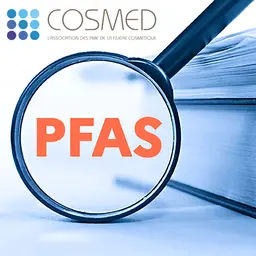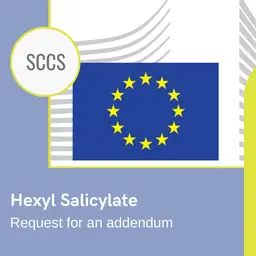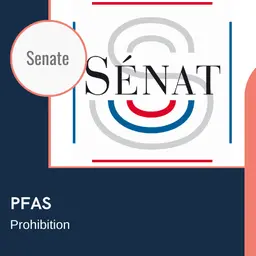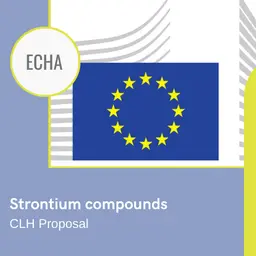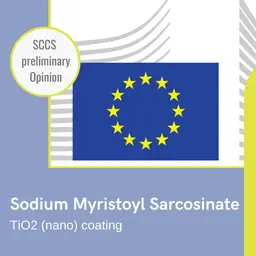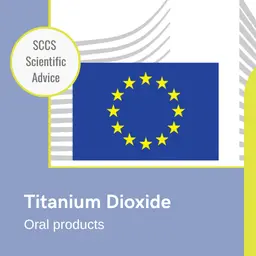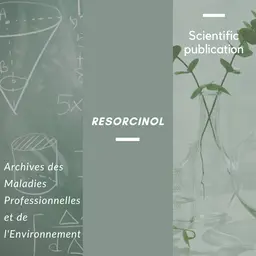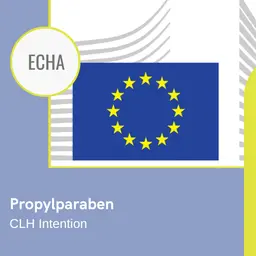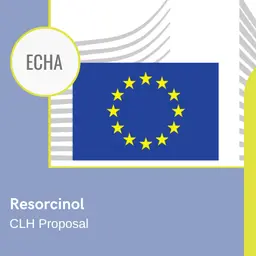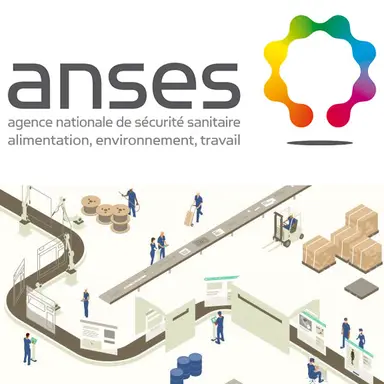
Since 2013, France has instituted an obligation to declare substances in the nanoparticle form, via the R-Nano system. After eight years of existence, the ANSES, which is in charge of its management, has carried out an initial evaluation of this system and emphasises that “the absence or poor quality of the data transmitted still hinders the traceability of nanomaterials and the use of this data by public health agencies.”
Nanomaterials are used in the composition of a wide variety of everyday products, including cosmetics. “The multiplicity of existing substances, the lack of knowledge concerning the effects on human health and the environment and the exposures to which they lead are still a major obstacle to risk assessment,” states ANSES in its press release.
France has created a national system making the declaration of nanomaterials mandatory for manufacturers, importers and distributors of more than 100 grams per year of substances in the nanoparticle form. The data declared in the R-Nano register, for which ANSES has been appointed as manager, provides better knowledge of the nanomaterials placed on the market, the quantities handled and the intended uses, provides traceability of the channels of use and enables knowledge to be gathered for risk assessment and public information purposes.
After eight years of existence, ANSES has assessed the quality of the data declared and the operations already carried out by public health organisations. It has thus identified the main limitations associated with the declaration and ways of improving the effectiveness of the system in the future.
Improvements needed
Obtaining reliable and quality data from registrants
Out of the 52,000 declarations analysed, 90% …

